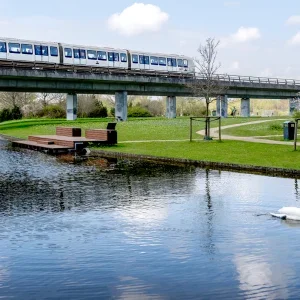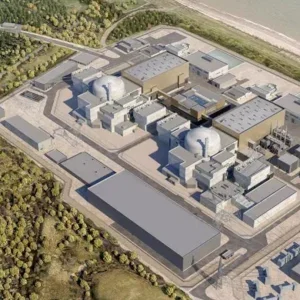The political wrangling and construction economics that favoured a replacement viaduct being built on the waterfront at Seattle instead of a tunnel, but failed to get clear public backing in a vote, will have to square up against underground alternatives later this year.
Tunnels options on the table are mainly for a four-lane bored tunnel or a four-lane cut and cover tunnel, although a four-lane lidded trench is also being considered.
Washington state government said that the central waterfront project is being approached from a broader, more geographically strategic perspective. It is looking at integrating the replacement for the Alaskan Way viaduct on SR 99 with a re-think on the entire transport network from Lake Washington to Elliott Bay.
In a statement, the state said: “We are reviewing a number of options for SR 99, including above-ground, surface and below-ground concepts”.
More than a year ago the decision on how to replace the seismically-damaged and aging viaduct, which dominates the waterfront, was kicked into the long grass. The alternatives had been run for touch down by opposing teams at city and state level, but when the referee call was given to the public there
was a marked failure to elect a clear winner.
Some 18 months ago the early tunnel option was for a six-lane structure, which as costed at US$4.6bn compared to a replaced viaduct being built for US$2.8bn. The tunnel cost was at least US$1bn up on the US$3bn-US$3.6bn for the ‘core’ project given in the Supplemental Draft Environmental Impact Statement (EIS) in mid-2006.
Before those adjustments the full cost of the tunnel option was put at US$3.7bn-US$4.5bn. The estimates went up due to the state not reflecting construction cost inflation and general inflation, noted an expert review panel.
However, as the opposing camps continued to fight over the viaduct or tunnel options the city authority pushed a smaller, four-lane tunnel concept shortly before the public vote (T&TI, June 2007, p7). The vote was instigated by the state governor to bring an end to the debate but did not work.







